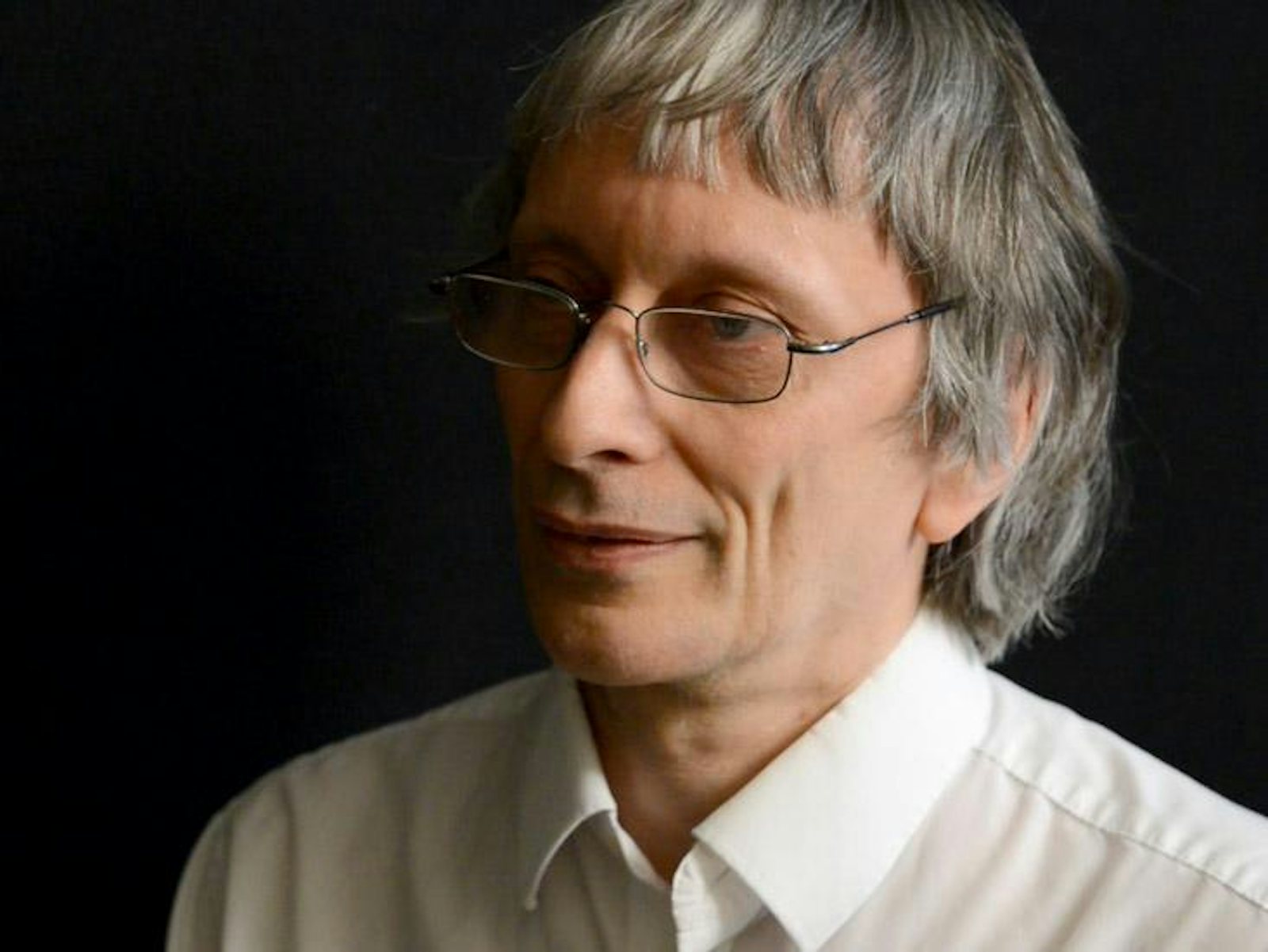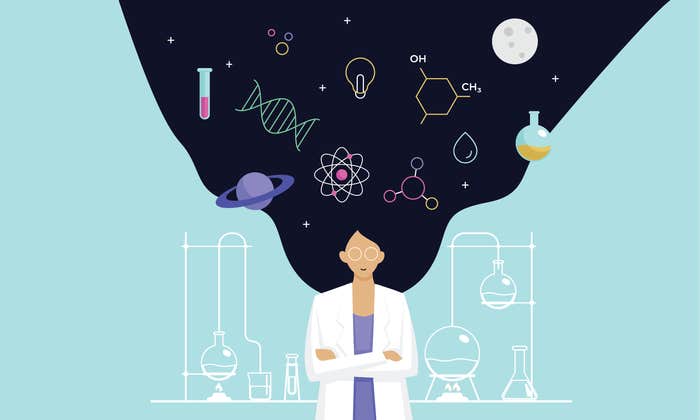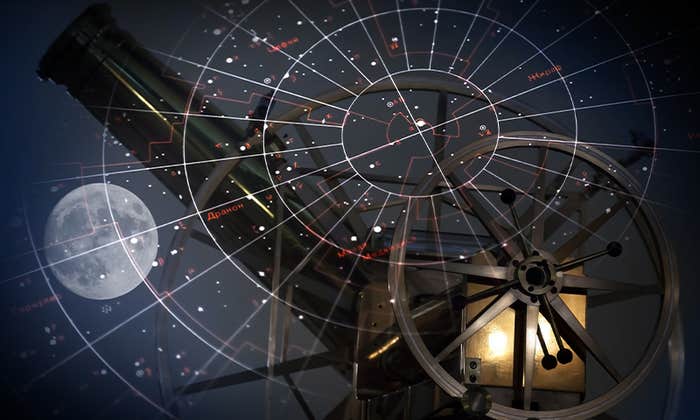Is there something special about humanity’s method of understanding the world around us? If there are other intelligent beings in the world, would their knowledge be important in the same way?
David Deutsch‘s research suggests an affirmative answer to both questions. Deutsch is a physicist at the University of Oxford, a fellow of the Royal Society, and is the Ingenious for the upcoming second issue of Nautilus, which is on uncertainty. His latest book, The Beginning of Infinity, argues that humans possess a tremendous power in our ability to construct explanations that conform to objective truths of the natural world. This ability, he says, is the driver of a huge amount of ongoing progress and profoundly significant. Watch his explanation of explanation below, and see the transcript under the video.
The full version of Deutsch’s Ingenious video will be posted at Nautilus on June 6, at the launch of the uncertainty issue.

Is life important to the universe?
Yes, but it’s not so much living things as humans. Or as I put it, “people.” Because it doesn’t just include humans as they are on Earth. If there are any beings on other planets or elsewhere in the universe who are capable of creating new explanations, they are like us in the most important way. And it’s that kind of entity that is, ultimately, the most important thing in the universe.
Almost all potentialities that the universe has for its future development come via that kind of entity because almost all—this is constructor theory again—almost all physical transformations that are possible at all are only possible in the presence of a large amount of knowledge. And a large amount of knowledge can only be created with explanatory knowledge, and explanatory knowledge is our speciality.
Probably explanatory entities can only come into existence if there were first evolved entities that can create non-explanatory knowledge—which are living things. So life is important in that sense. It can go a certain way. It can’t understand quasars because life can only understand—can only create knowledge of; “understand” is the wrong word for non-explanatory knowledge—it can only have knowledge of things that affected whether some gene propagated or didn’t. Whereas, as I’ve argued, explanatory knowledge is universal.






























